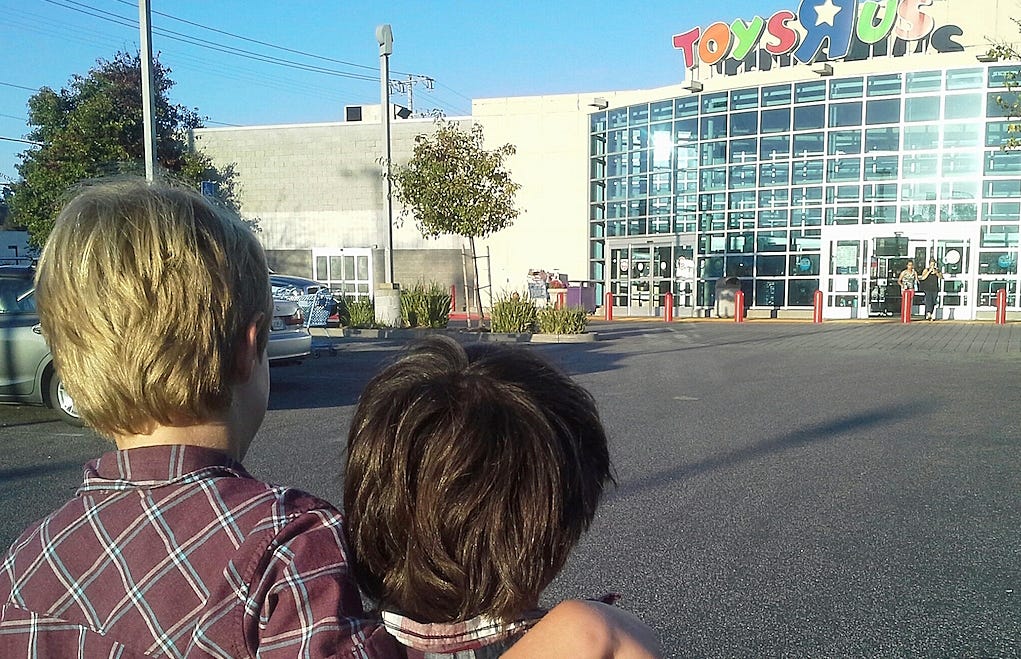Toys ‘R’ Us, Japan, and the Demographic Deficit
Falling birthrates combined with the rapidly aging Baby Boomers is the biggest macroeconomic event of our era. And as Toys ‘R’ Us’ finances go, so does the federal government's.
by Patrick Cox
March 20, 2018
Two stories hit the web last week, perfectly illustrating the enormous impact of the demographic transition. One covers the human tragedy taking place in Japanese prisons. The other is the slow collapse of the venerable toy retailer Toys ‘R’ Us, which we’ll start with.
Toys ‘R’ Us closing is not just the bankruptcy of another major retailer. It’s the end of an era, and I’ll tell you why.
To be sure, Toys ‘R’ Us faces many challenges. Aside from the fact that Amazon has harmed many brick-and-mortar chains, increased competition from the other big-box stores also contributes to its problems.
However, the most important factor in the company’s troubles is the shrinking number of toy-consuming children.
I don’t think many analysts really understand the Toys ‘R’ Us value proposition. The company wasn’t just selling toys—it built mini-theme parks that utterly entranced children and, indirectly, their parents.
I don’t know how many hours I spent with my two kids in Toy…





